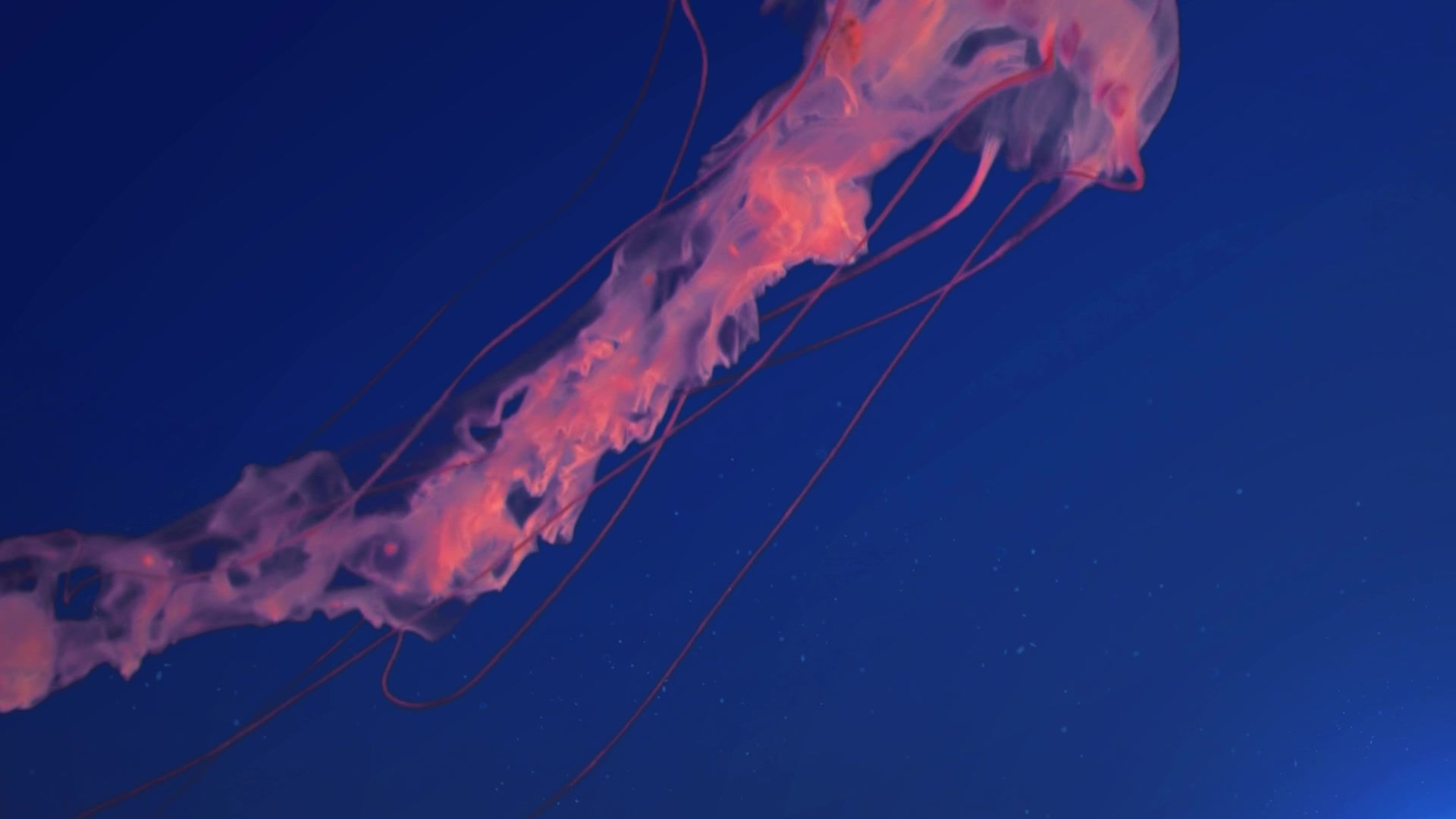
pRIDE TRAIL POI'S
c1 - c9
C1: S.L.A.G
This night was ran in the 90s every other Friday at Bond’s nightclub for straights, lesbians and gays. It was one of the first all inclusive nights in Birmingham that didn’t discriminate against any sexuality.

c2: platform 7 toilets
The toilets of platform 7 at Snow hill station were just one of many popular meeting places for gay men.

c3: The jug
The Jug was owned and managed by the charismatic and well known Laurie Williams. Laurie named his club The Jug being an acronym of Just Us Guys, later changed to Just Us Gays.
Originally situated on Albert Street and later on Water Street, the Jug was one of the most popular and significant venues in the eighties. It began to decline in popularity in the nineties as more choices opened up in the current gay village, whereas the Jug was on the opposite side of town. It closed in 1995 having been taken over by Bill Gavan who renovated it and reopened the site as Subway City.

c4: the fox

Women mostly had to stick to women’s nights, but in the 90s a lot of this changed, and women were free to go to whichever bars they chose, though there were no explicitly female venues. In the 2000s this changed with the opening of The Fox, a venue promoted primarily as a womens venue.

c5: the silver slipper
Birmingham used to have many Victorian underground public toilets, many of which were used for cottaging or cruising. One such public toilet was famously known as “The Silver Slipper” and used to be situated on Station Street. In the evening the whole street was populated with rent boys. The place got its nickname from a sign that hung opposite the toilets over a ballet shop, which featured a silver slipper.
c6: Nightingale mark i

The first Nightingale club was opened in 1969 on Camp Hill. in Digbeth. It was a small venue, with a capacity for 70 people. In 1975 the club was forced to move to make way for a road widening scheme.
c7: the trocadero

“The Trocadero or the ‘Troc’ was originally a long narrow bar running from Temple Street through to Bennett’s Hill. Although not a gay bar in the sense we know one today, gay men were 'tolerated’ there. The bar was the site of an infamous murder in the mid 1950s. The bar still stands today and is still called the Trocadero..”
The Grosvenor was a large Victorian hotel situated on the Hagley Road, on the Edgbaston/Bearwood border. About two miles out of the city centre, it was owned by the same couple who owned Guys Limited on Bromsgrove Street, John Walters and Keith Campbell. The club became very popular and was run as a private members club, in the same way as the Nightingale. Members would sign guests in. A regular feature was the members theatrical shows at the end of every year. The bar was a men’s disco and Tuesday nights was reserved as women only. The bar was well known for attracting theatrical companies and also famous gay entertainers who were staying in Birmingham.

c8: grosvenor house
c9: jester

Jester, or The Court Jester, as it was originally known, was a large cellar situated underneath Scala House on Holloway Circus, built as part of the Inner Ring Road developments in 1964. The bar was notable for its large oval shaped bar at its centre. Originally a straight bar it became very popular with gay men from the mid 1970s through to the 90s. It slowly declined in popularity during the late 90s due to competition from newer Hurst Street bars, eventually closing as a gay bar in late 2006. The feature bar was ripped out in the early 00s. Its sign was an engraved jester on the black granite cladding of the entrance.
For many gay men The Jester was their first experience of the commercial scene in Birmingham.